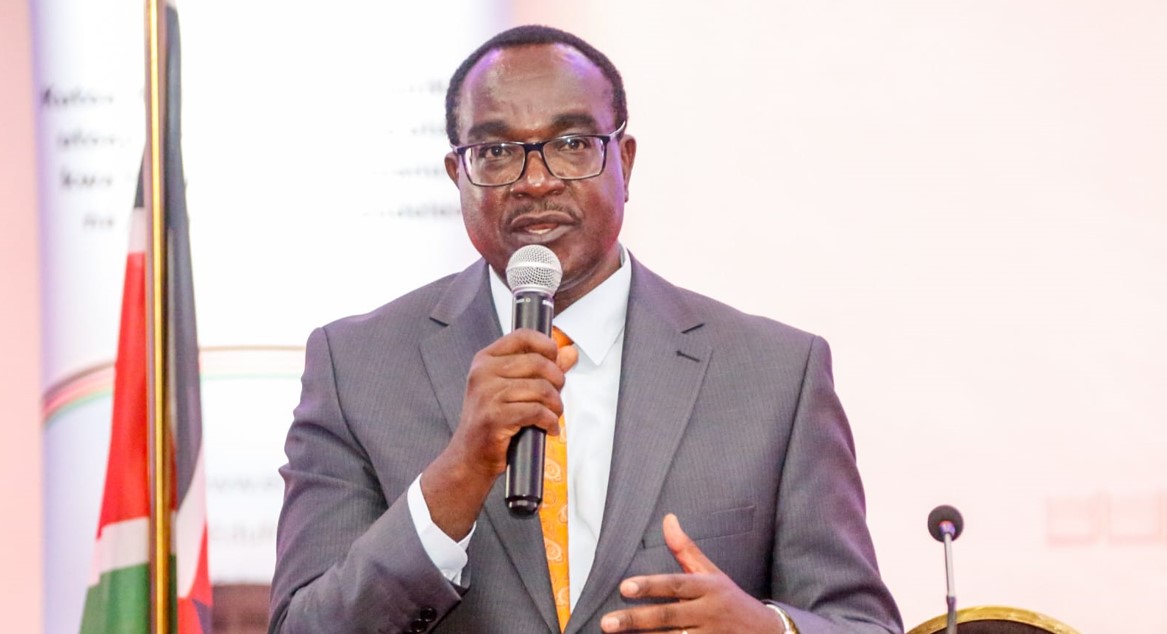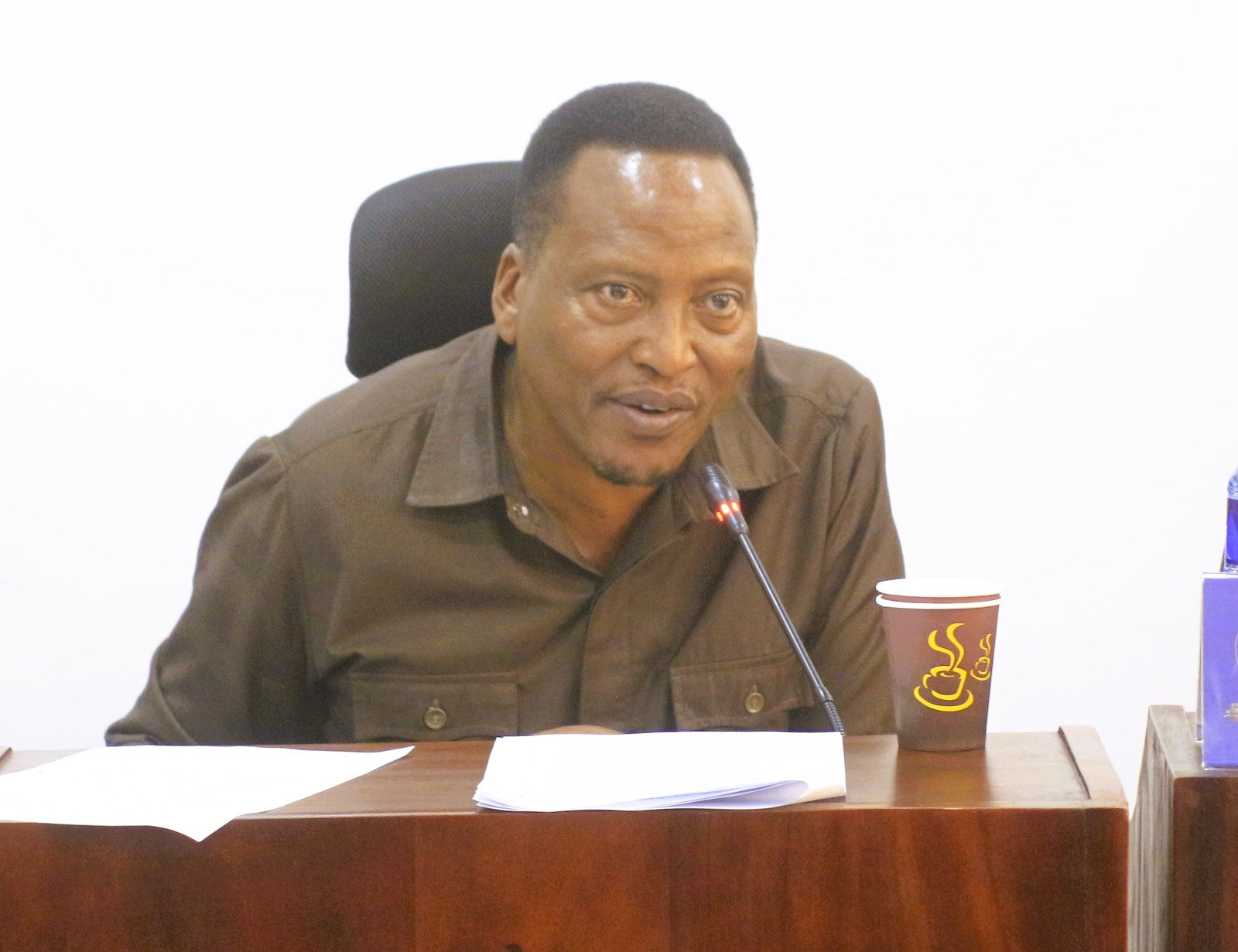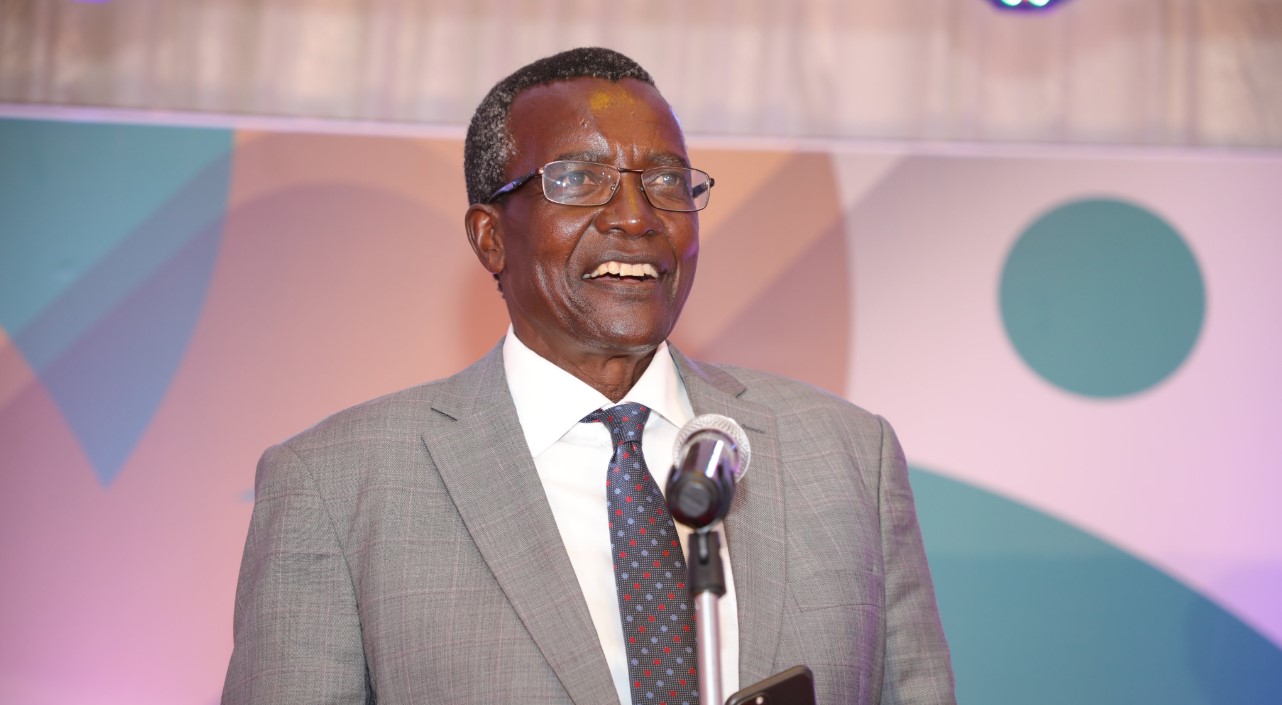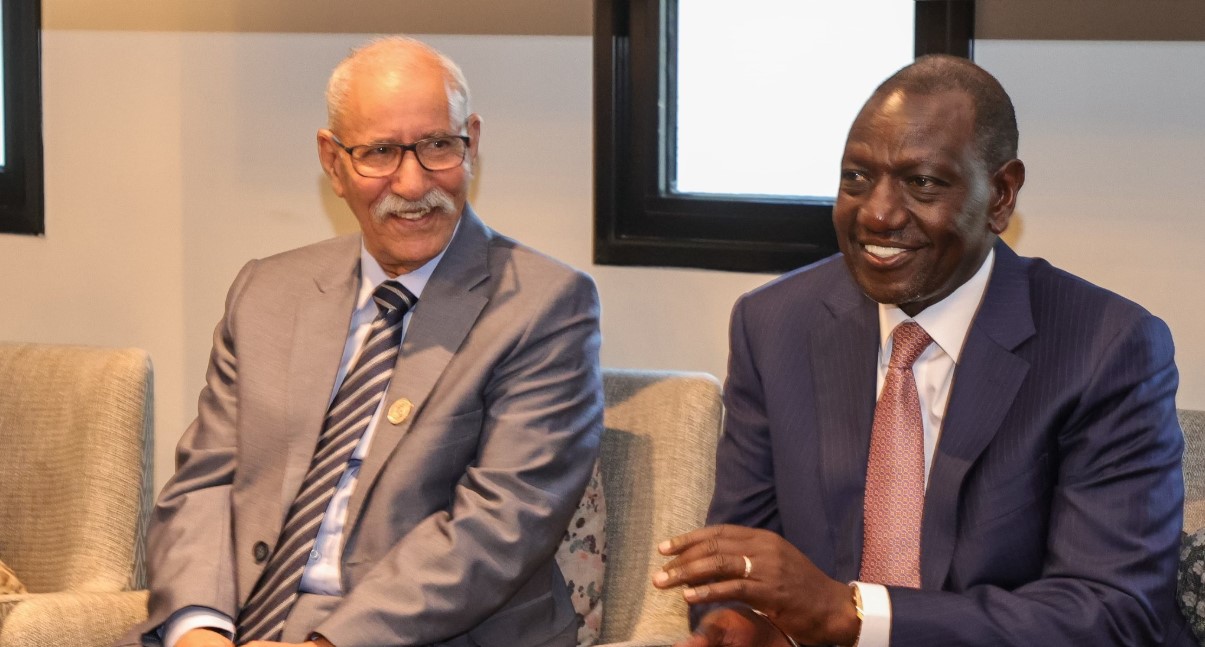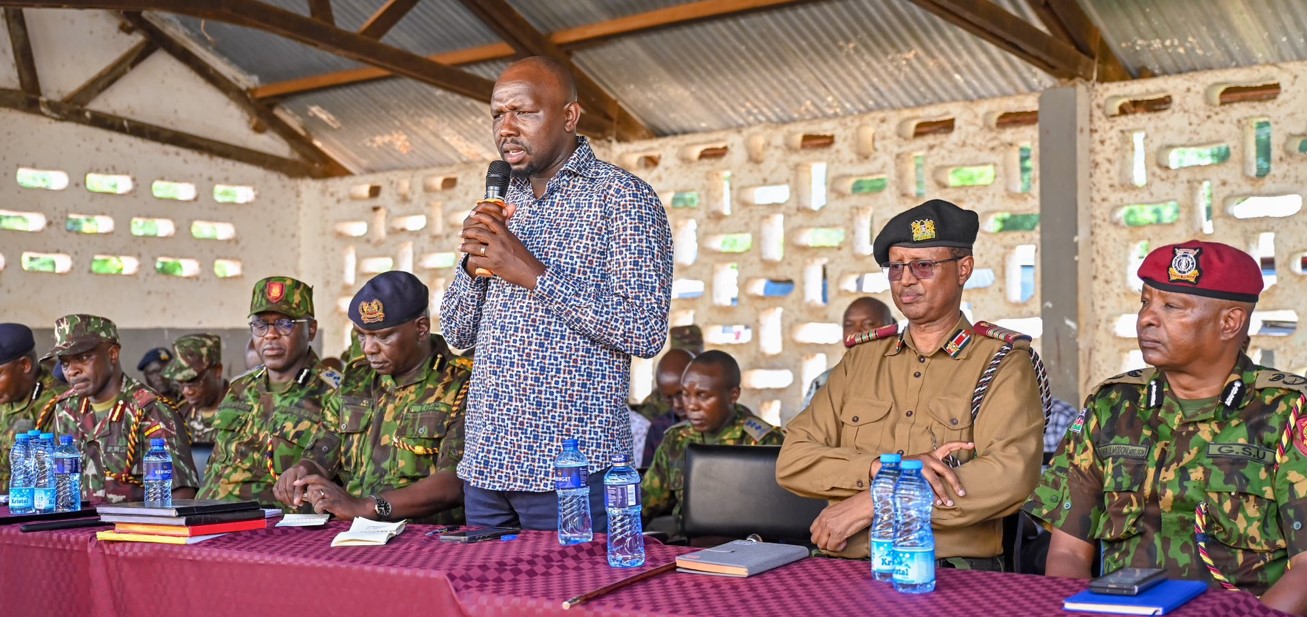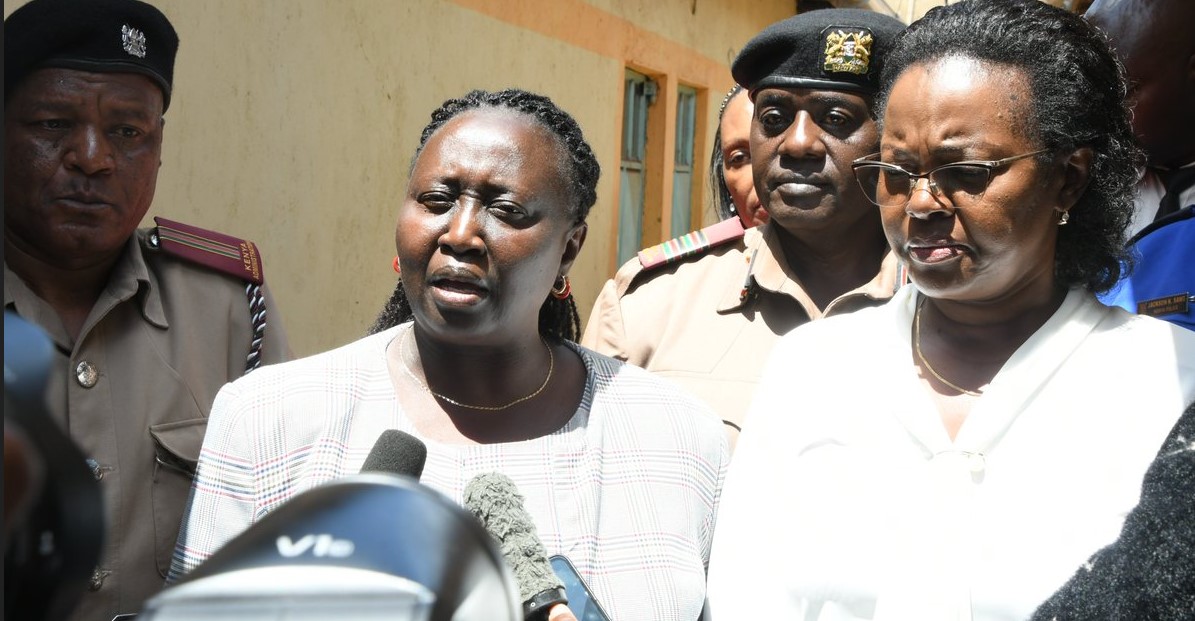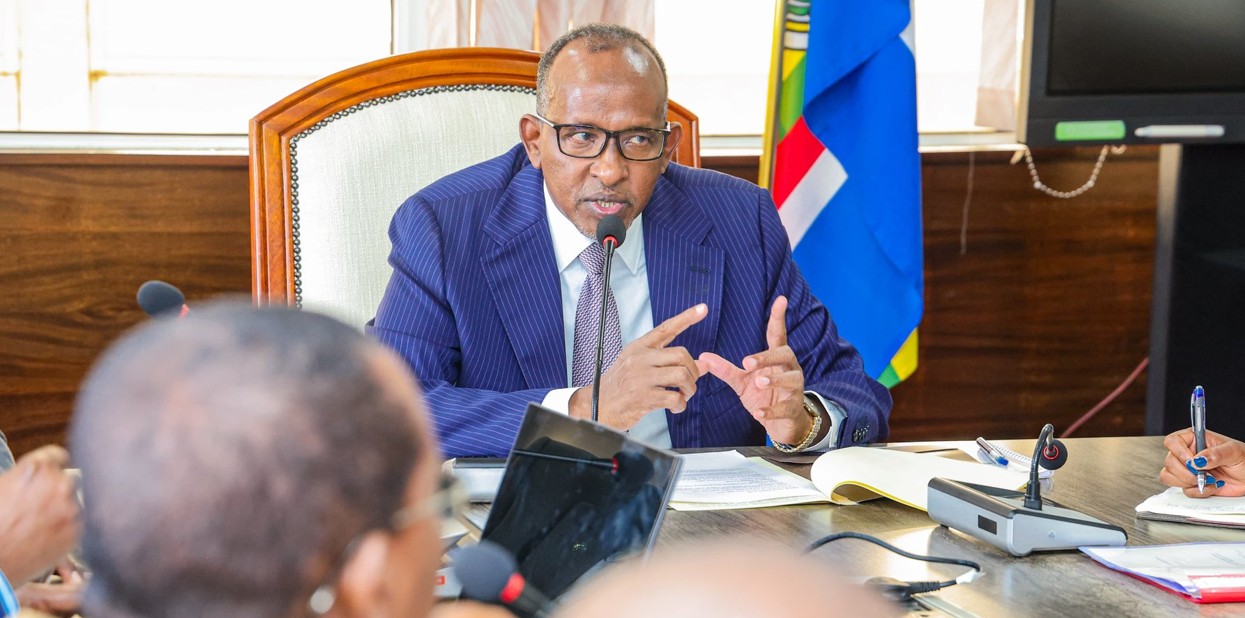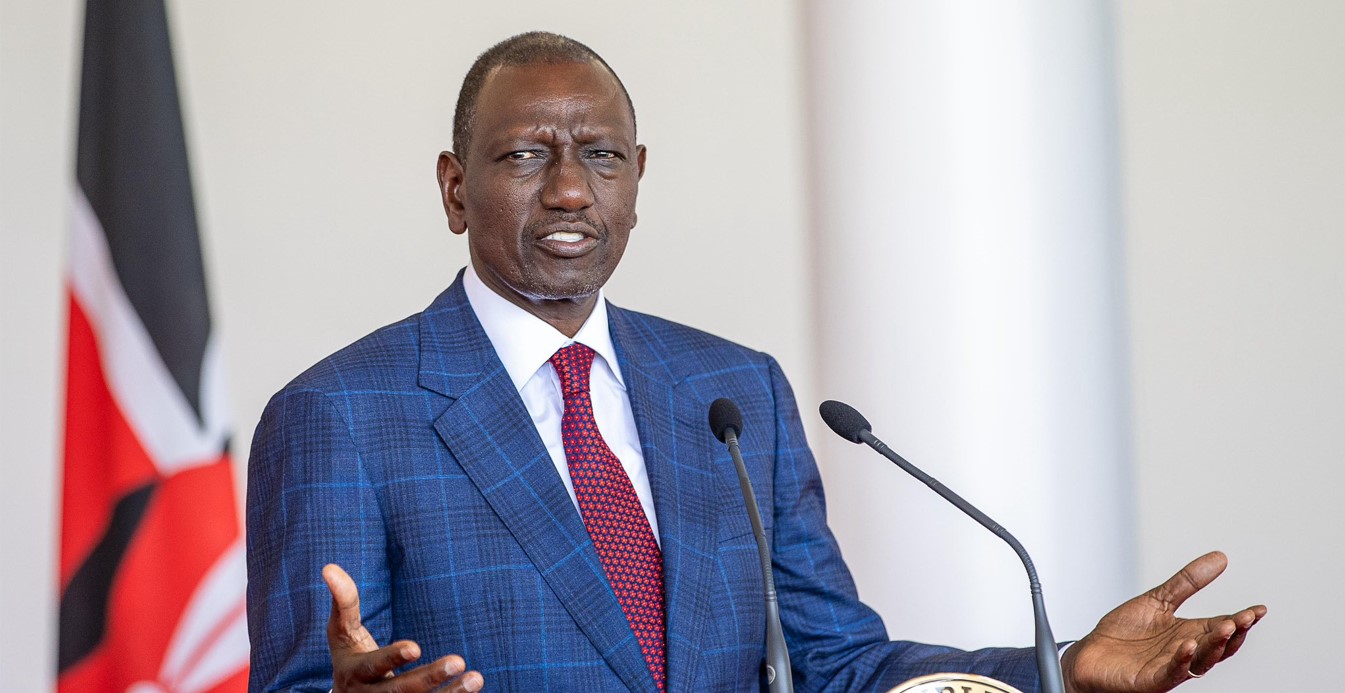Over 400,000 students in limbo as Kenya’s public universities face governance crisis
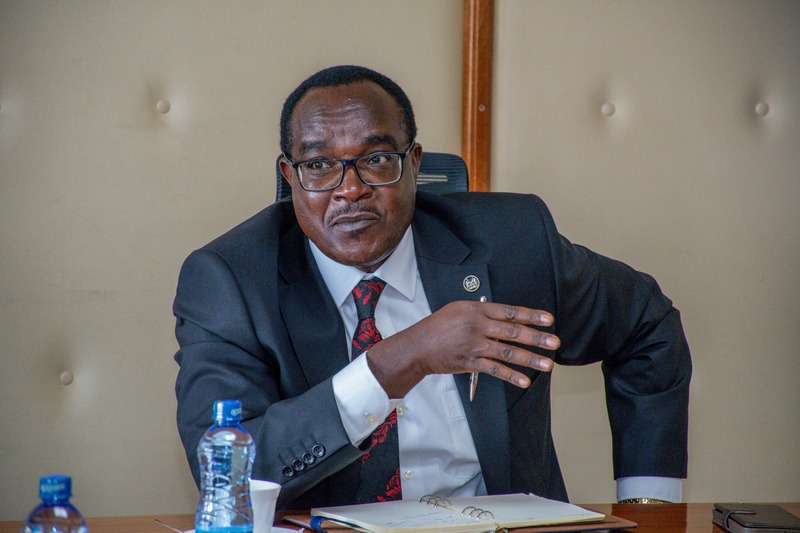
CS Ogamba attributed the situation to political patronage and tribalism, which have been prevalent in the appointment of university vice chancellors and council members.
A crisis of governance in Kenya’s public universities has left over 400,000 students in limbo, with many studying in institutions suffering from leadership failures.
Education Cabinet Secretary Julius Ogamba informed the National Assembly’s Public Investments Committee on Governance and Education that 21 out of the country’s 43 public universities are underperforming, significantly impacting the educational experience for thousands of students.
More To Read
He attributed the situation to political patronage and tribalism, which have been prevalent in the appointment of university vice chancellors and council members.
According to CS, although 20 universities are performing adequately, the remaining 21 are struggling with governance issues, and together they account for more than 60 per cent of the student population of about 400,000 individuals.
This raises serious concerns about the future of these students, especially as some members of parliament, like Moses Kirima from Imenti Central, have called for the closure of underperforming universities and the redistribution of students to better-performing institutions.
“The 21 non-performing universities enrol more than 60 per cent of the students. If these institutions were to be closed, as some have suggested, we would face a major challenge with the students currently enrolled,” Ogamba noted.
To address these governance issues, CS Ogamba assured the committee that the Ministry of Education is undertaking significant reforms. The Ministry is currently conducting background checks on individuals being considered for positions on university councils.
“We are in the process of reviewing the qualifications of council members. We are taking extra time to ensure that we appoint only those who are fully qualified for these important roles, he explained.
This review process, Ogamba said, is behind the delays in appointing new council members and vice chancellors.
Repeating mistakes
He emphasised that the Ministry wants to avoid repeating the same mistakes that have contributed to the governance failures of the past.
“We have not appointed council members for several universities yet because we want to make sure they are qualified. We are working to ensure that those who are appointed to lead our universities are fully competent,” Ogamba stated.
Further addressing the concerns raised by the Auditor-General, Nancy Gathungu, Ogamba acknowledged that several universities are operating without governing councils and have failed to remit statutory deductions. Other issues include ethnic and gender imbalance in staff appointments and the continued presence of acting officers in key positions for extended periods.
These concerns were cited as significant challenges hindering the smooth operation of the affected universities.
CS Ogamba responded that the slow process of appointing new leadership was necessary to ensure that qualified candidates take up leadership roles.
“We are taking our time because the challenges facing our universities have been caused by poor governance, which in many cases stems from political interference. We need to make sure the right people are appointed to lead these institutions," he said.
On the matter of university councils and TVET boards, CS Ogamba reiterated that the Ministry is working to ensure that appointments adhere to the principles set out in the Constitution.
“When appointing university councils and TVET boards, we aim to follow the Constitution’s guidelines on fairness, gender and regional balance, merit, and competition,” he noted.
Ogamba further emphasised that the role of the councils and boards is critical for overseeing the strategic direction, financial oversight, and overall management of the universities.
The CS stressed that the Ministry is committed to making sure the right people with the right skills are appointed to these roles.
“The councils and boards are responsible for making key decisions in universities. It is essential that we appoint individuals who are equipped with the right skills to guide our institutions effectively,” he said.
Top Stories Today
